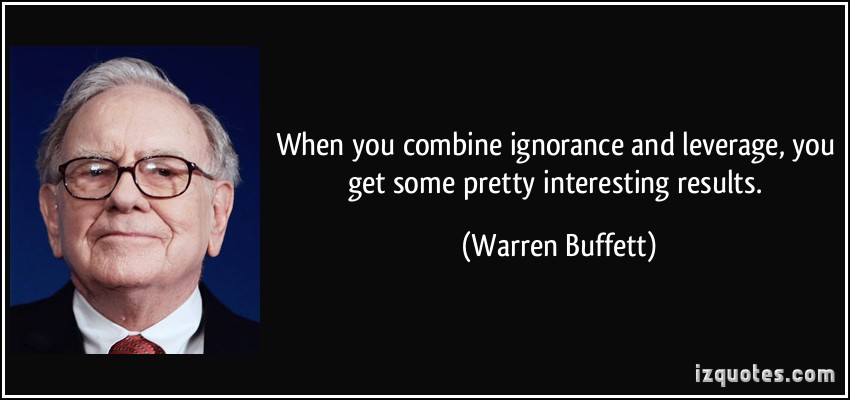Contracts for Difference have had a tumultuous run over the last seven years, starting with the Global Financial Crisis, as trading conditions became a lot more volatile.
A recent article published in the Financial Review by Patrick Durkin highlighted that ASIC may be granted new powers by the government to put products like Contract for Difference (CFDs) under review. The question on the mind of brokers and traders alike is ‘Could ASIC ban CFD trading here in Australia?‘
Mr Durkin noted ‘Margin loans, contracts for difference and bank warrants could be curtailed or banned under far-reaching new powers to be granted to the corporate regulator by the government in response to the Financial System Inquiry.’
Given the leveraged nature of CFD trading, retail traders with little experience of money management, stop loss strategies and trading on leverage, have always been a potential black spot.
 Depending on your CFD broker, you may get access to 100 times leverage on your trading account. This means a $1,000 trading account could access a total position size up to $100,000 in value. As you can see, someone who lacks the experience or discipline is going to run into trouble pretty quickly.
Depending on your CFD broker, you may get access to 100 times leverage on your trading account. This means a $1,000 trading account could access a total position size up to $100,000 in value. As you can see, someone who lacks the experience or discipline is going to run into trouble pretty quickly.
Having spoken to Greg Medcraft in CFD Forum meetings and at industry events, it is clear Greg is not an advocate of retail traders getting access to highly leveraged, derivative products. Greg has often made it clear the CFD industry needs to self-regulate and take matters under their control.
By self-regulation, he means the CFD and Forex industry here in Australia needs to work together on a set of principles and regulations that all CFD brokers can adhere to.
As a result, the CFD Forum was formed in 2012. The CFD Forum was primarily made up of UK based CFD brokers with an Australia presence. The dedicated Direct Market Access (DMA) brokers lobbied together to form a separate Forum. This divided the industry and even got TV coverage on ABC’s Four Corners program.
One could suggest the mere fact the CFD & FX brokers here in Australia cannot agree to work together, then ASIC may indeed need to step. At the very least, this new power will likely serve as a warning to both parties to cooperate.
The advice from ASIC was clear. Discover a way to make this work together, or we’ll step in. If we step in, you may not like the outcome.
ASIC has already created a new Derivative reporting requirement imposed on Over the Counter (OTC) vendors. This is to ensure they are reporting all derivative transactions and positions in an open and transparent manner. This came into effect in December 2015.
It appears ASIC has the mandate to target high-risk products aimed at the retail market. Contracts for Difference provide access to lots of leverage, and as mentioned, in the wrong hands, this can spell trouble.
As a result, if the industry cannot provide their independent guidelines and measures to protect the retail market, then ASIC may not have a choice but to ban CFDs for those who do not qualify.
In industry forums, a great deal of talk has happened around providing a series of questions to ensure new clients understand the risks of CFDs. New traders also need to understand the leveraged nature of the product.
CFD & Forex brokers here in Australia should have a qualifying questionnaire asking specific questions around the risks involved when trading CFDs, for new clients. It would be fair to say the majority of CFD brokers already have a qualifying questionnaire in place.
While this doesn’t stop traders losing more than expected when trading on leverage, it at least spells out the dangers and risks of trading on a leveraged product. This allows potential CFD traders to understand if CFDs are suitable for them or not.
As Mr Kell suggests in the AFR interview, ‘It is really about making sure that the people to whom products are directed are suitable to receive those products, not at an individual level but at a group level.”
To be honest, that is entirely fair.
We’ll have to watch this space and see what developments occur and how ASIC flexes its regulatory muscles going forward.